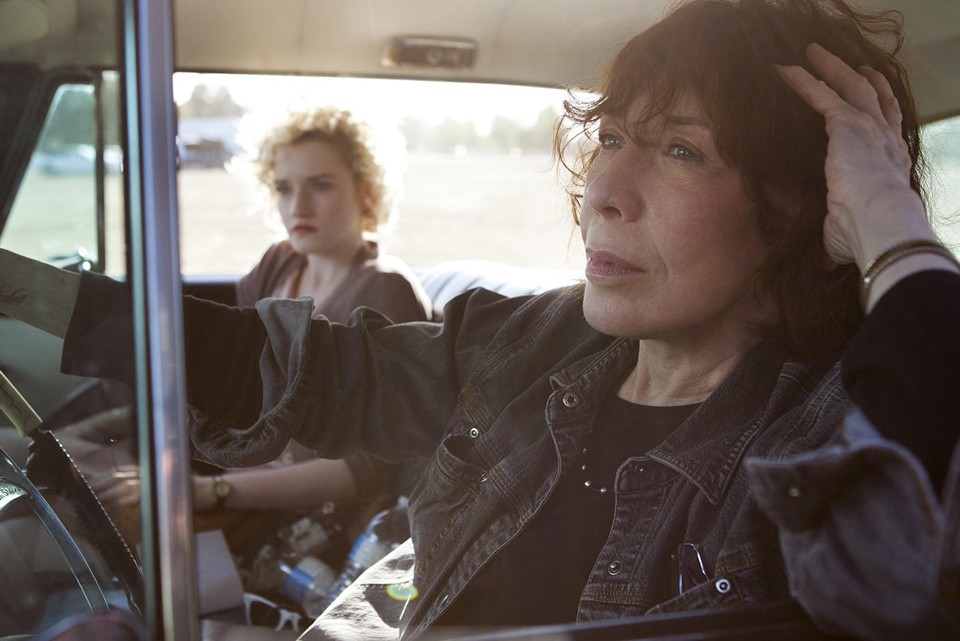A $400 Emergency
How do you cope with a crisis that requires cash?

We’ve heard the stats before: millions of Americans, alarming numbers of us, would have a hard time dealing with a crisis that called for ready money. Yet only rarely if ever has a representative of that population stepped forward to reveal himself to be a professional, middle-class man. For the Atlantic, Neal Gabler has, so to speak, put a face to the shame.
The Fed asked respondents how they would pay for a $400 emergency. The answer: 47 percent of respondents said that either they would cover the expense by borrowing or selling something, or they would not be able to come up with the $400 at all. Four hundred dollars! Who knew?
Well, I knew. I knew because I am in that 47 percent. …
You wouldn’t know any of that to look at me. I like to think I appear reasonably prosperous. Nor would you know it to look at my résumé. I have had a passably good career as a writer — five books, hundreds of articles published, a number of awards and fellowships, and a small (very small) but respectable reputation. You wouldn’t even know it to look at my tax return. I am nowhere near rich, but I have typically made a solid middle- or even, at times, upper-middle-class income, which is about all a writer can expect, even a writer who also teaches and lectures and writes television scripts, as I do. And you certainly wouldn’t know it to talk to me, because the last thing I would ever do — until now — is admit to financial insecurity or, as I think of it, “financial impotence,” because it has many of the characteristics of sexual impotence, not least of which is the desperate need to mask it and pretend everything is going swimmingly. In truth, it may be more embarrassing than sexual impotence.
“Financial impotence.” Oof.
My mother always said, “If you can solve a problem with money, it’s not that big a problem.” But what if you can’t?
After the birth of Babyboy — from my HOSPITAL BED, even — I was faced with a $500+ emergency. It’s a long story, one that, believe me, I am going to tell in depth and with some indignation very soon; but the upshot is that I needed to be able to pay someone a lot, right away, for something unexpected and yet crucial.
I was able to pay, thanks partly to chance and partly to the paranoia that has made me save everything I could for years now. But I was still furious, and I kept thinking, “What about the people who can’t lay their hands on that amount of money?” What if $500+ hadn’t been in my budget or my bank account? What would I have done? What do people do?
Here’s Gabler again:
A similar study conducted by Annamaria Lusardi of George Washington University, Peter Tufano of Oxford, and Daniel Schneider, then of Princeton, asked individuals whether they could “come up with” $2,000 within 30 days for an unanticipated expense. They found that slightly more than one-quarter could not, and another 19 percent could do so only if they pawned possessions or took out payday loans.
Since I am more fortunate than most in not just having savings, but also having family members who have savings, I would have approached a relative, as relatives have, in the past, approached me. That avenue is closed off to a huge number of people, which often leaves two sobering options: 1) selling things, or 2) predatory lending. Both can leave you significantly worse off than when you start.
I can’t be surprised. The gold ring on my left hand comes from a pawn shop. Some woman brought it to my Great Uncle Jack’s store in New Mexico, probably because she had the early 20th century version of a $500+ emergency and that ring represented her last hope. Jack held onto that wedding band his whole life, then passed it down to my father, who gave it to me. When I look at it, I wonder about the woman desperate enough to sell what may have been her most emotionally significant piece of jewelry. What did she redeem it for? What did it redeem?
Sometimes I pretend she pawned it in exchange for freedom: enough money to run away and start a new life somewhere else, a better, more independent life, one whose course she could steer with two bare hands. The truth is almost certainly more prosaic. Like all of us do at one point or another, she had no other way of getting it, and she just needed the cash.
Support The Billfold
The Billfold continues to exist thanks to support from our readers. Help us continue to do our work by making a monthly pledge on Patreon or a one-time-only contribution through PayPal.
Comments